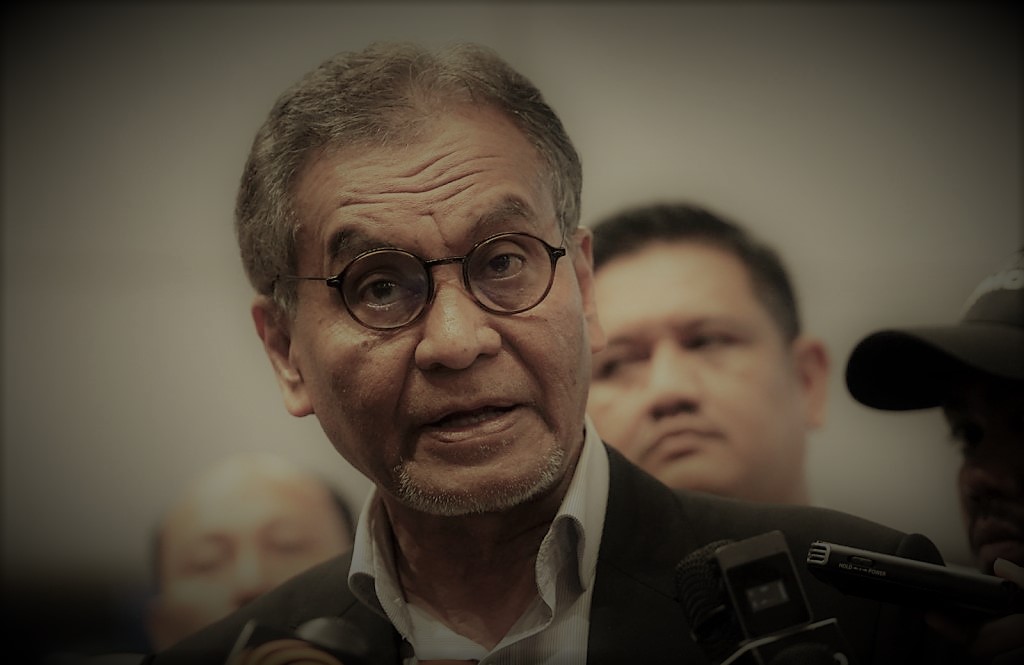Australia is poised to introduce groundbreaking legislation aimed at barring children under 16 from accessing social media platforms, with tech companies facing multimillion-dollar fines for non-compliance.
Communications Minister Michelle Rowland introduced the amendment to the Online Safety Act on Thursday, describing it as a “world-leading social media reform.”
“The Albanese Government is setting 16 as the minimum age for access to social media,” Rowland announced in a statement. “This reform is about safeguarding young Australians and assuring parents that we’re prioritizing their children’s well-being.”
Under the proposed legislation, social media companies could face penalties of up to 50 million Australian dollars ($32.5 million) if they fail to take “reasonable steps” to prevent users under 16 from creating accounts.
The ban is expected to target platforms like TikTok, Instagram, Snapchat, and X (formerly Twitter), although a definitive list of affected services has yet to be released.
“The responsibility lies with social media platforms—not parents or children—to implement protections,” Rowland emphasized. “This is about creating a safer, healthier online environment for Australia’s youth.”
Tackling a Growing Concern
The legislation comes in response to tragic cases of youth suicides linked to online bullying and increasing concerns from parents about the pressures children face in digital spaces. Many advocates have applauded the move, calling it a necessary step to hold tech companies accountable for the safety of their younger users.
However, critics warn that the ban could inadvertently cut teens off from vital support networks while increasing risks for those who attempt to bypass the restrictions.
Age Verification and Digital Responsibility
To enforce the law, the Australian government has partnered with the UK-based Age Check Certification Scheme to trial age verification technologies. Additionally, the legislation introduces a “digital duty of care” requiring providers to ensure user safety and prevent online harm.
Similar frameworks in other countries allow users to report violations, empowering authorities to take action against unsafe practices.
The debate underscores a shared recognition of the risks associated with excessive screen time for children and the urgent need for tech companies to bolster safety measures. Whether this legislation becomes a global benchmark remains to be seen, but Australia’s bold approach has already sparked significant international attention.








